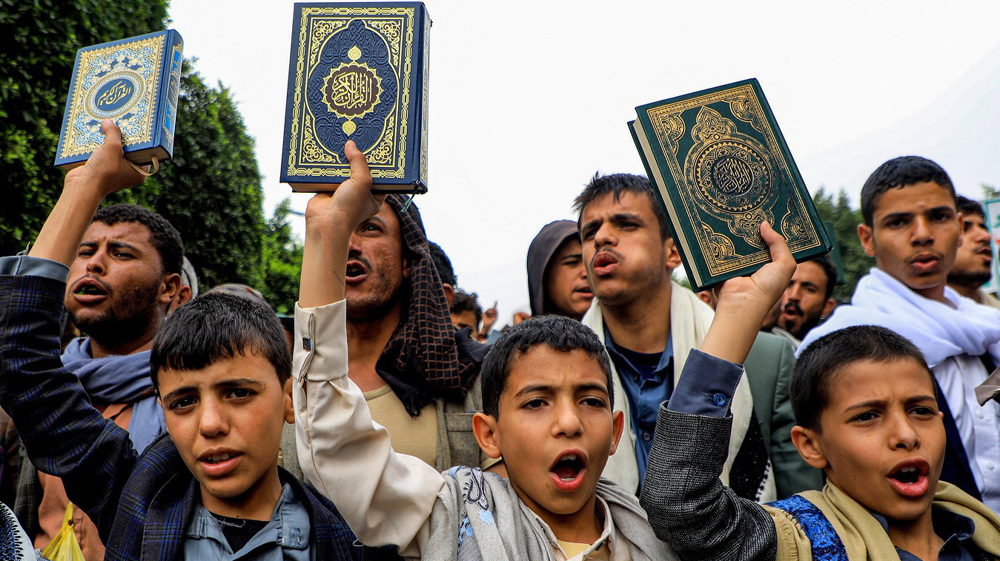
Denmark is tightening border controls to boost domestic security and prevent unwanted individuals from entering the country following recent Koran burnings. Authorities fear revenge attacks after anti-Islam activists in Denmark and Sweden recently burned and damaged several copies of the Muslim holy book, stoking outrage in the Muslim world and sparking demands that governments ban such acts.
Danish Foreign Minister Lars Lokke Rasmussen says the country is trying to find a legal tool to allow police to intervene in protests where a Koran or other religious books are being burned. Still, he ruled out banning such demonstrations entirely. He says freedom of expression is essential, but the government believes such protests benefit extremists and pose a security threat.
Rasmus Paludan, leader of the far-right opposition party Hard Line, was filmed at a recent protest throwing a book that appeared to be the Koran into a trash can in front of an audience of Muslim worshippers. He was arrested and bailed two weeks later, but the video has sparked international outrage.
In Sweden, the prime minister said Thursday that a new law would be finalized this week to stop people with “fragile links” to the country from coming in and causing trouble. He added that the measure would ensure that those without connection to Sweden “cannot be allowed to use Sweden as a stage for crimes.”
In recent weeks, a few individuals have desecrated the Koran at protests in both countries, causing outrage among Muslims and angering some politicians who believe such provocations should be banned. But others argue that free speech should be protected and that such actions are not motivated by religion.
The Swedish government also announced this week that it is considering changing its laws to forbid the burning of the Koran. Still, Justice Minister Gunnar Strommer said it would take time to change freedom-of-expression laws. The move follows a warning that the country is at risk of a terrorist attack after activists repeatedly burned copies of the Koran outside Iraq’s embassy and the main mosque in Stockholm.
The country has not banned such protests because demonstrators must be permitted to gather, and the police only check if public safety will be compromised. But the Danish intelligence service has warned that such activities increase the risk of violence. The intelligence service has reportedly informed the country’s ambassador to Iraq of its fears about possible revenge attacks. The ambassador told the BBC that he was dismayed by the decision to restrict the right to freedom of assembly, guaranteed by the constitution. But he said he would discuss the matter with officials in Baghdad to try to resolve the problem. He also noted that Denmark is cooperating with the Iraqi government to investigate the attacks. Reuters reports that the government has increased police presence at sensitive locations and is reviewing its intelligence services.


